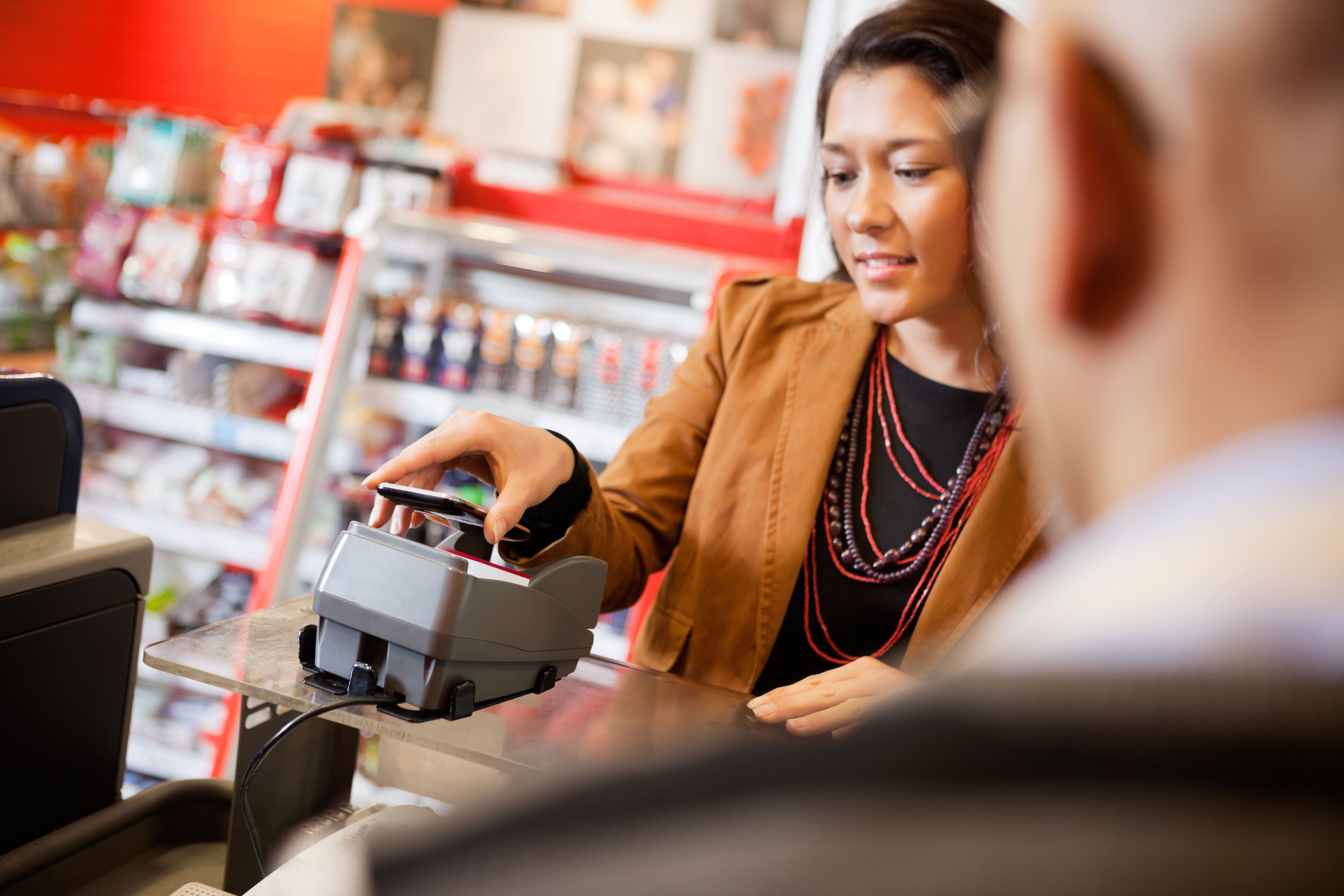PayPal Credit, formerly known as Bill Me Later, has been experiencing significant growth recently, as reported by Fortune.
“From Thanksgiving through the following Monday, known as Cyber Monday, U.S. shoppers used PayPal Credit for more than $166 million in purchases, an increase of 32% compared to the same period last year. Payment volume through the third quarter of 2015 for PayPal Credit was up 27%.
In fact, the company said that PayPal Credit is growing faster than its overall business.”
PayPal Credit essentially acts as a substitute for credit cards when a shopper is purchasing something online and needs a little extra liquidity.
“Merchants who accept PayPal as a payments option can also choose to make PayPal Credit available to their customers in two different ways. First, shoppers who buy $99 or more using PayPal Credit can avoid being charged interest if the balance is fully paid within six months. After that, borrowers are charged a 19% interest rate.
In 2014, PayPal debuted a second way for shoppers to borrow whereby they can choose between 6, 12, 18, or 24 month payment plans with a fixed interest rate of 12.99% for purchases above $250.”
For some consumers, PayPal Credit represents a trustworthy alternative to credit card issuers.
“Usually, David Toraya, a 24-year-old logistics coordinator in Tennessee, would shop online using his debit card. But recently, while between jobs and low on cash, he ordered clothes and tennis shoes from Nike.com after applying for PayPal Credit, which let him pay the balance off with interest over six months.
“I have a credit card but I don’t necessarily trust card companies with balances,” Toraya explained. With PayPal Credit, he felt comfortable about its promise that he wouldn’t be charged interest if he repaid the loan within six months.”
However, the service has also rubbed a few folks the wrong way.
Earlier this year, the federal Consumer Financial Protection Bureau reached a settlement with PayPal that it return $15 million to consumers and pay a $10 million fine for allegedly misleading borrowers.
PayPal was accused of deceptively signing up tens of thousands of Credit customers who thought they were registering for a regular PayPal account, according to CFPB’s director, Richard Cordray. He also said that PayPal failed failed to fix the problems when customers complained.
Rapid growth rates. Consumer complaints. It’s all part and parcel of a new crop of alternative lending services championed by PayPal and others. Mercator Advisory Group expects that these alternative lending services will continue to gain traction in the market, but we also expect them to continue to generate friction with regulators and consumer advocacy groups. Indeed, this article from Fortune may be giving us a hint as to where the next point of friction will be.
“Beyond checking borrowers traditional credit scores to determine credit-worthiness, PayPal has also started looking at social data from Facebook and other apps. Having an active Facebook profile over time signals that you’re more likely to be a real person rather than a fraudster, for example, and therefore less of a risk.
“We are using any data we can get our hands on.”
Overview by Alex Johnson, Senior Analyst, Credit Advisory Service at Mercator Advisory Group
Read the full story here











